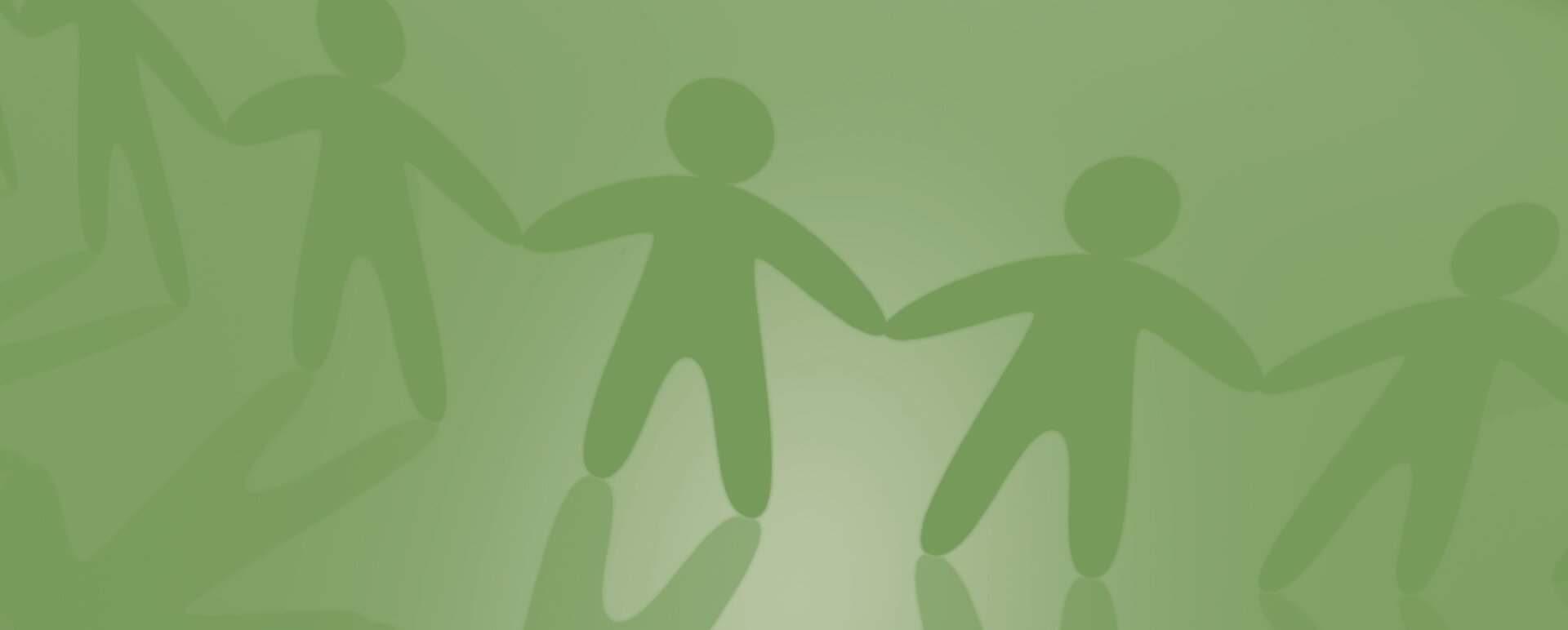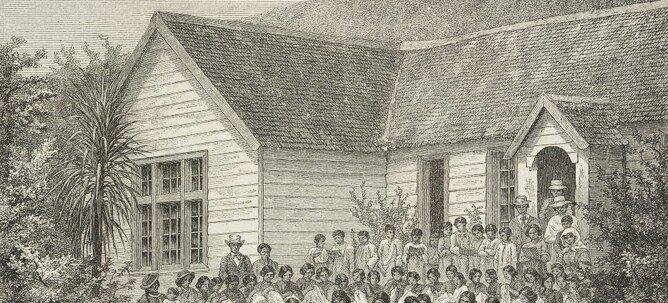to meet Māori agendas
The University of Auckland's Te Kawehau Hoskins writes on the challenge faced by universities to ‘indigenise’ in order to be relevant for contemporary Māori agendas
Our people have always valued higher learning and operated sophisticated systems of formal learning prior to, and beyond contact with the outside world. Māori were keenly interested in new knowledge and innovation offered by the wider world to supplement Māori knowledge and ways of interaction in order to be successful strategists in a fast-changing world.
In the north, our people invited teachers to establish the first school in Aotearoa in August, 1816, 24 years before Te Tiriti at Rangihoua in the Bay of Islands. We saw the value of schooling and encouraged education by providing resources and land and embracing the value of the English language.
Māori communities complained bitterly when the Native school system tried to deny our children ‘higher learning’ opportunities in favour of industrial training. We wanted the best of what these institutions could offer to augment and improve Māori lives; to broaden existing knowledge and extend, not diminish, Māori worlds.
Clearly the Pākehā colonial agenda was not always the same as the Māori one, and it brought devastating and ongoing effects felt to this day. But, as it always has, the Māori narrative continues. How do universities demonstrate relevance for contemporary Māori agendas? Certainly in the context of wānanga, and a plethora of iwi and hapū driven cultural, educational and knowledge development projects, there are many more indigenous-friendly options for study and for research partnerships.
Link to article: Universities Must 'Indigenise' to Meet Māori Agendas | Newsroom




